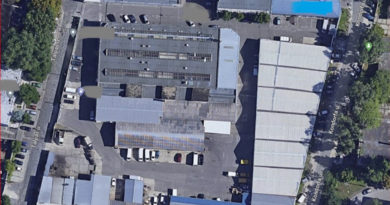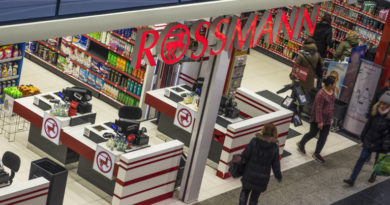Vacancy rates have likely reached their peak, the market is nearing equilibrium
Following the difficulties of 2009, experience so far this year indicates that the crisis is far from over in Hungary’s office market, with the trends largely unchanged from those seen in late 2009.
Total office stock increased by 112,000 sqm, but the market was unable to absorb all of the new supply — with net absorption just 57.3% of the 111,000 sqm of total tenant activity —, thus the vacancy rate rose further to around 26.1% during H1. Still, it is good news, that based on the expectations of Colliers International, no further rise in vacancy is expected within the next 6 months – said Miklós Saly, director of office leasing at the Hungarian office of Colliers International.
Similar to last year, the market situation offers tenants unprecedented possibilities for negotiating favorable terms for their leases. Owners are now willing to offer even unrealistic deals in order to keep or attract tenants. However, experience shows that larger firms, with office space needs of more than 1,000–2,000 sqm, use their leverage primarily to renegotiate with owners, and eventually decide to stay instead of moving, after achieving significant price discounts.
“This year, a further ca. 40,000 sqm of office space is expected to be delivered, while the total pipeline for 2011 is around 50,000 sqm. Despite the high vacancy rate, a quality shortage could emerge by 2012 as the highest quality spaces will likely get absorbed first, eventually leading to rental growth.” – said Miklós Saly. As an example, he mentioned one of the most successful deals this year of the Hungarian office, as Colliers International leased 2 400 sqm office space for KCI Hungary in Capital Square.
Thus, striking lease and renewal deals at low prices for a relatively short term could actually benefit owners since the market could be on the upswing by the time these contracts are up for renewal. The strong position of tenants is indicated by successful attempts to renegotiate terms even on contracts expiring only in 2012–2013, where clients leased large spaces.
Many owners — especially those under strain from financing banks — are under such pressure to secure tenants that they are willing to sign leases under conditions that do not even guarantee the originally envisioned returns. In terms of take-up, expanding companies and state firms are not relevant in the current situation, but shared service centers (SSCs) present good potential. However, due to their large spatial requirements, quality supply could dry up in the short term even with the current overall high vacancy rate.
Office developers remain in a tough position, financing remains near impossible, with banks demanding high pre-lease rates, while the economic environment also remains fragile. Based on the assumptions of Colliers International, only large, tested, equity-rich investors, such as WING, TriGranit, SCD or Skanska, will be able to play ball on the market in the next few years.































